This Saturday night, St Kilda will take part in the sixth annual Pride Game against Sydney at Marvel Stadium.
While there won't be any crowds in attendance to acknowledge the game's significance, the impact on the community - beginning several years ago some 70km east of Melbourne - has been profound.
Look back on the defining steps taken in making our game inclusive for all.
In 2014...
It was the first of its kind in Australian Football history, with the Yarra Glen Football Netball Club holding the maiden Pride Cup in support of the LGBTQIA+ community and to stand in solitary alongside their teammate Jason Ball.
Two years prior, Ball had publicly came out as gay. Not long after, he was invited to lead Victoria's Gay Pride March with his Yarra Glen teammates and AFL players Brock McLean and Dan Jackson.
Yarra Glen wore specially designed rainbow jumpers in the inaugural Pride Cup game and had the 50-metre lines of the ground painted in rainbow colours as the community rallied together to watch history unfold.
Little did they know that it would be an event that would serve as the inspiration for multiple Pride matches at both grassroots and professional levels.
In 2016...
The actions from that defining day in 2014 soon swept across the country, with St Kilda and CEO Matt Finnis lobbying for the red, white and black to take part in a landmark Pride fixture.
It would be the first Pride-themed game in Australia at professional level, with the AFL confirming the Saints would host watershed event in Round 21, 2016 against Sydney.
With rainbow-themed numbers on their backs, the red, white and black marched out to the sounds of a 33,000-strong crowd, united to inspire change and create an environment that was safe for all, regardless of their gender identity or sexual orientation.
Since the inaugural Pride Game through Yarra Glen and its evolution to the big stage, over 270 Pride Cup games have taken place across the country and has expanded to numerous sporting codes.
In 2018...
For its work in the LGBTQIA+ space, St Kilda Football Club was awarded the 2018 highest-ranking overall score in the Pride in Sport Index (PSI) at the 2018 Australian Pride in Sport Awards.
The PSI, an initiative of the Australian Human Rights Commission and the Australian Sports Commission, is specifically designed to assess the level of inclusion of LGBTI people within Australian sport.
St Kilda was again acknowledged as the Highest Ranked Club at the 2019 Australian Pride in Sport Awards, marking the third year in a row that the club’s commitment to inclusion and celebrating diversity had been recognised by Pride in Sport (PSI).
In 2020...
St Kilda's journey in the Pride space entered a new frontier through its inaugural AFL Women's side.
In just their third game, the club took part in one of two 2020 Pride Games against Melbourne, taking to RSEA Park with the rainbow colours proudly adorning their backs.
The night was one of the most significant in St Kilda history, with the Saints securing an emotional victory against the flag fancies courtesy of an iconic goal from Caitlin Greiser in the dying moments.
St Kilda featured in the AFLW's inaugural Pride Round the following year to promote acceptance and diversity to a whole new community.
In 2021...
St Kilda and Sydney will meet at Marvel Stadium this Saturday night in what will be the sixth iteration of the Pride Game at AFL level.
The Saints will run out in a newly designed Pride Guernsey to mark the special occasion, with the new kit celebrating the journey of diversity and community. The guernsey was designed in consultation with Pride Cup, the LGBTQIA+ Community and key stakeholders.
The front of the guernsey features the modern-day Pride flag, which includes colours to represent the trans, Indigenous and persons of colour communities, as well as the traditional rainbow. This element is key to demonstrating the intersectionality of the LGBTQIA+ community and other minority communities and the importance of them in the St Kilda family.
The rainbow continues onto the back of the guernsey, with the colours branching upward to illustrate the club’s continual growth and room for further progression. Within the individual colours, names of organisations which have hosted Pride Cup events are featured, starting with the first one in Yarra Glen in 2014.



